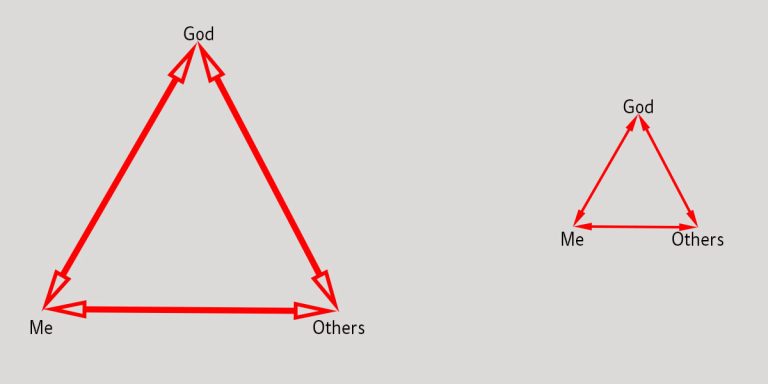ESV Controversy and Women
Ben Witherington seems to have started quite a stir yesterday with his post about the ESV entitled The Problem with the ESV. I like Ben Witherington’s work quite a lot, and respect him, but most of this post has to do with who translated the ESV and why, rather than with the quality of the translation itself. But more on this below.
Wayne Leman responded in the Better Bibles blog with an entry that I think is very much on point, though I would like to nuance some of the comments just a bit more. His entry is entitled ESV translators are not misogynists.
The ESV Blog has also responded with a post entitled The Origin of the ESV, which includes a number of examples. I do think that the presentation of examples showing the differences and similarities between the ESV and the RSV is the correct way to pursue this topic. Perhaps I’ll have to spend some time on that in a later post.
I am in 100% agreement with Wayne that the correct way to examine and test a Bible version is by looking at the end product and not by determining the quality and morals of the translators. It is possible for someone with lesser credentials to surprise us by producing a good translation, while someone with apparently great credentials may lack the necessary skills to produce a usable translation.
But in producing a Bible translation I think we have to ask ourselves whether we are effectively communicating the gospel message in a new environment. This is where I think we have to be very careful with the nuances of what we say. I’m no fan of the ESV, because I think it’s language is a bit awkward and wooden, and also because I prefer gender inclusive language in a translation. Why?
Because I question both the motivations and the results of a translation policy that won’t express the message in the way that message would be expressed in the target culture. Let’s look at just one example, “brothers” or “brothers and sisters.” In this case there is a substantial portion of our modern culture that does not recognize “brothers” as addressing a mixed group of men and women. These people, when they here someone say “brothers” assume he (and generally it would be a he) is addressing just the men of the group. When we try to get beyond this level of meaning, I think we read much into the language of the New Testament that is not intended. In Greek, when addressing a mixed audience, one said “adelfoi.” That’s why Paul and James and others used that word. Not because they wanted to make some subtle point about masculinity.
Some of you will think I’m making a big deal about something minor, but in going to churches and teaching my wife and I have repeatedly encountered women who don’t think they’re included in the work of ministry, even in areas where scripture clearly teaches that they are. The atmosphere that’s created by the attitude of “Oh, they’ll understand we mean them too” helps foster this. The result is that many gifted people–gifted women–are not used in the church because they don’t feel worthy, or they don’t feel that they can step out and lead.
I’m not accusing the ESV translators of being misogynists. I do believe, however, that they have followed a translation philosophy that helps to foster exclusion rather than inclusion. I believe the gospel message is very inclusive, and even more I believe that the gospel commission is inclusive.
Before I’m done, I definitely do not believe that Wayne Leman is trying to foster the attitude that I’m challenging here. What he is trying to do is get us to focus on translations not on translators. In doing that he is absolutely correct, and makes an important point.
(Please see also my comments at Gender Neutrality and Bible Translation.)

